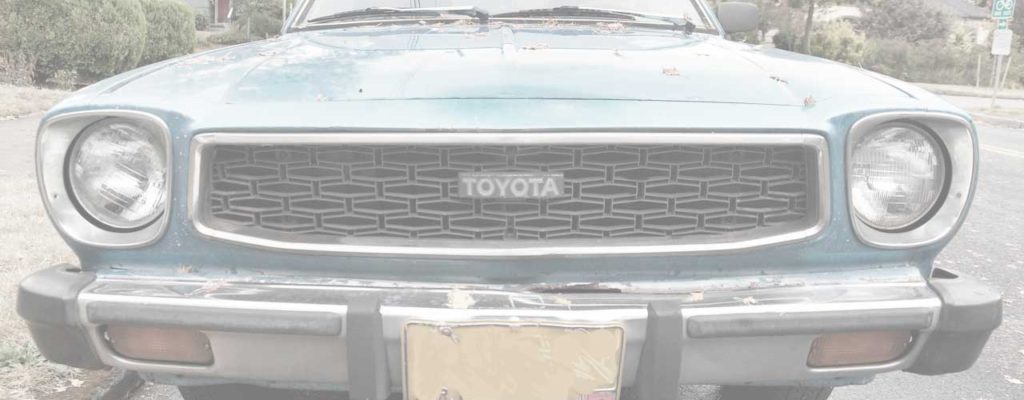De Misthoorn van Sumburgh, gebouwd in 1905 en onlangs weer in oude luister hersteld, is misschien wel de laatste nog werkende misthoorn in Schotland. Deze twee minuten durende film, die eenvoudig maar prachtig gefilmd is, documenteert het verrassend ingewikkelde proces van het blazen op de hoorn.
Buiten gebruik sinds 1987, werd de misthoorn nauwgezet gerestaureerd door Brian Johnson. In de video is het jaarlijkse ’testluiden’ van de misthoorn te zien bij de Vuurtoren van Sumburgh, Shetland, Schotland.
Brian start de Kelvin K-serie dieselmotoren van 44 pk uit 1951. De motoren drijven de Alley- en MacLellan-compressoren aan, die op hun beurt de misthoorn aandrijven.
Ter info: de misthoorn klonk op het eind veel luider en zwaarder dan nu te horen is, maar het audio-algoritme van YouTube heeft het volume automatisch lager gezet. Er zijn verschillende versies geprobeerd, maar YouTube bleef tegenstribbelen…. Helaas kun je zo de echte ‘luidheid’ van de hoorn via de video maar zeer gedeeltelijk ervaren en misschien maar goed ook. Ter illustratie: het geluid is zó krachtig dat het op mistige dagen op een afstand van 20 mijl ofwel ruim 32 Kilometer te horen is.
Bron: J. Kottke, Kottke.org

TOEOEOEoeoeoeoet!!!







